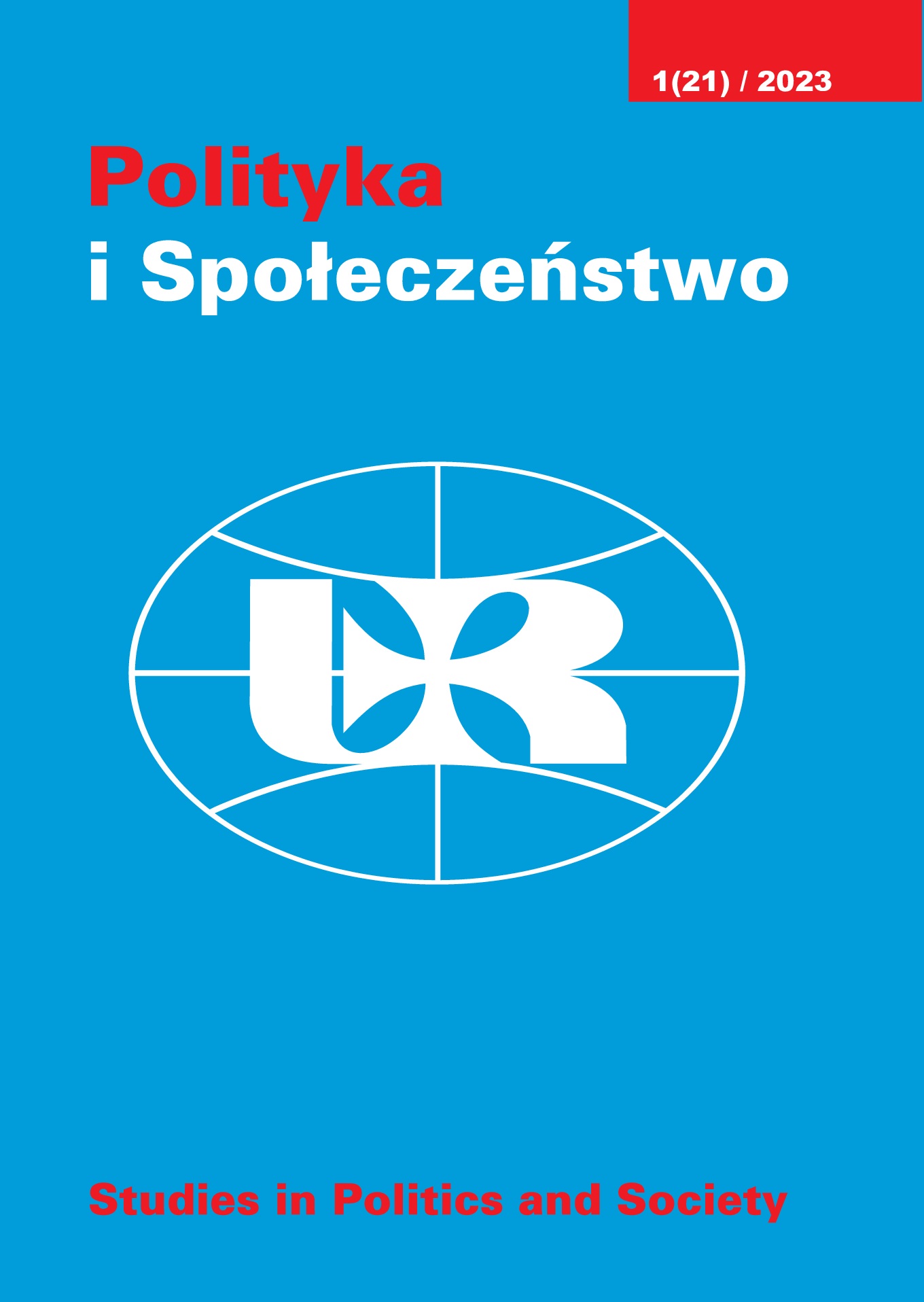Construction of the identity of peasants in the political thought and activities of the Polish People's Party "Piast"
DOI:
https://doi.org/10.15584/polispol.2023.1.19Keywords:
identity, serfdom, empowerment, political thought, people's (peasant`s) movement, peasantsAbstract
Over the centuries the identity of the peasants has evolved. It was largely influenced by the experiences of generations, shaped by history, socio-economic and political situation; it changed under the influence of the conditions in which they lived. The peasants' belonging to a specific community constituted the basis of their values and had a significant impact in all possible relationships. Identity – the authenticity of peasants was perpetuated in their long and quaint history, in the very difficult and peculiar existence of this social class. It was shaped in the course of centuries of hard work in closed peasant culture and customs. The serfdom system lasted 400 years, and these 400 years long the peasant identity was shaped. It is not surprising that despite the change in social conditions, they still remained in the shackles of the serfdom determined mentality. The formation of a certain type of personality, which lasted for a very long time, is considered an undoubted consequence of serfdom. Peasants constituted the cornerstone of society and the nation for the politicians of the Polish People's Party "Piast", they were the inspiration for their political concepts and actions. The article attempts to prove to what extent the living conditions of peasants determined their identity and to what extent the impact of activities of PSL Piast contributed to the transformation of their identity.
Downloads
Published
How to Cite
Issue
Section
License
Copyright (c) 2023 Studies in Politics and Society

This work is licensed under a Creative Commons Attribution-ShareAlike 4.0 International License.


